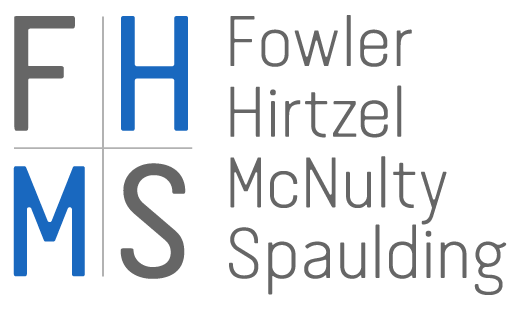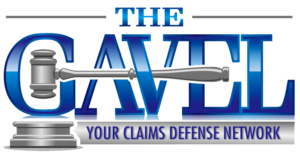Coverage
The COVID-19 pandemic has caused a rapid change to businesses in the United States. Since March 2020, many state and local governments have mandated business closures, social-distancing policies, masking policies, and other measures to limit and slow the spread of COVID-19. Many businesses have been forced to close, greatly reduce or limit operations, or take extra precautions to ensure the health and safety of employees, customers, and the public. Lawsuits are already pending in several courts that concern business interruption insurance coverage for COVID-19-related claims. It is highly likely lawsuits by customers or employees who allege injury will follow.
We understand that business closures and lost sales will invariably lead to legal questions regarding business interruption coverage under property insurance policies. Some examples of the effects on businesses due to COVID-19 may include loss of income or extra expenses incurred due to the closure of business operations, or the closure of a facility of a key customer or supplier; loss of income or extra expenses incurred due to the closure of your premises during sanitization or the loss of customers due to the virus existing at a location; and costs associated with sanitizing and testing property.
For the tourism and event-planning industry, coverage for event cancellation is most typically available when cancellation is due to circumstances beyond one’s control. Cancellation out of the abundance of caution is not likely to trigger coverage, but government-imposed closures may be treated differently. It is also common to see exclusions for communicable-disease-related losses. While there are optional endorsements to expand coverage for all causes of such disease outbreaks, it is critical to review policy language. We anticipate that the broad public gathering bans may impart novel theories of coverage.
Business interruption insurance is coverage commonly available to businesses as part of their property policies. However, such coverage typically requires direct physical loss and may not be applicable to losses due to disruptions caused by quarantines, travel bans, or severed supply chains. Contingent business interruption loss may be available where interruption is caused by damage to a supplier; this coverage may be limited to instances of damage to a supplier or product. Further, many carriers, in the fallout of previous epidemics, have sought to specifically exclude epidemics from coverage. The Insurance Services Office is presently developing new endorsement forms to provide limited coverage for actual loss of business income and expenses due to forced quarantines and suspension of operations. This coverage, when available, is anticipated to be prospective.
Commercial retailers, suppliers, and manufacturers may face liability claims arising from quarantines and exposures. How companies decide to compensate workers unable to work due to quarantine or illness will affect future litigation. Where exposure occurs as a consequence of employment, workers compensation may be available in some states, but, for many, outbreaks due to a company’s management and response to COVID-19 may implicate liability policies.
We can also expect to see claims presented under commercial general liability policies, which is generally triggered by an “occurrence,” or personal and advertising injury, which includes specifically enumerated torts. This may be largely dependent upon the nature of the claims pleaded. Such allegations could run the gamut of failing to prevent exposure, failure to implement or adhere to guidelines, disclosing private medical information, and exposing customers of a business to illness.
FHMS is closely monitoring emerging and anticipated trends facing insurers and insureds, as well as the judicial and legislative responses to COVID-related insurance claims. For specific questions, please contact FHMSlaw@fhmslaw.com.
Insurer Prevails on Business Interruption Claim in D.C. Superior Court
August 11, 2020
By: Allan C. Molotsky, Frances A. Lettieri, Dennis Chow, and Matthew D. Vodzak
An insurer prevailed on a business interruption claim filed by ten restaurants and bars in D.C. Superior Court. The court held that the COVID-19 shutdown orders did not constitute direct physical loss. A discussion of that case can be found in the linked title above.
COVID-19 Issues Affecting Underwriters and Policyholders of General Liability and Building/Personal Property Insurance
July 17, 2020
By: Matthew D. Vodzak, Lisa Prince, and Patrick Brennan
As a result of the pandemic , policyholders and underwriters must look at current insurance policy provisions, as well as the language in policies at the time of renewal. FHMS’s attorneys have recommended some key issues for underwriters and policyholders to look closely at. The full article can be accessed through the linked title above.
Pennsylvania Supreme Court Denies King’s Bench Business-Interruption Petition
May 15, 2020
By: Matthew D. Vodzak
Partner, Matthew D. Vodzak, discusses the Pennsylvania Supreme Court’s rejection of a request to assume extraordinary jurisdiction over all COVID-19 business-interruption litigation in Pennsylvania. The full article can be access through the linked title above.

